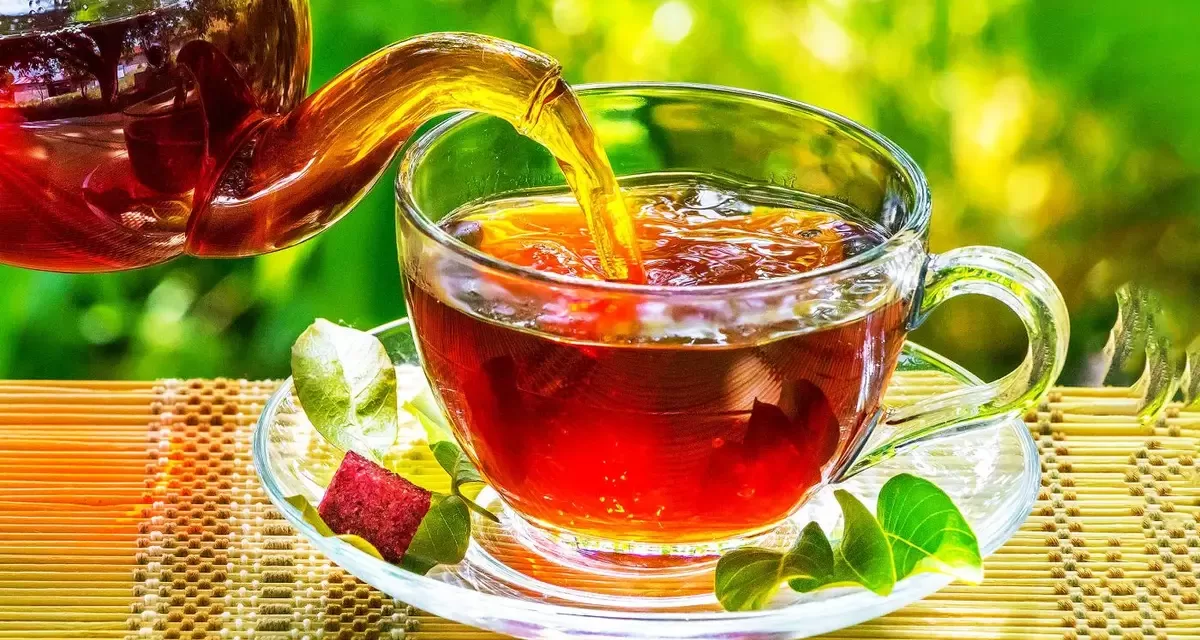Imagine sitting in your favorite spot, unwinding with a warm cup of tea in hand. Now, picture that comforting ritual not only relaxing your mind but also slowing down the aging process. According to new research, this may no longer be just a fantasy.
A groundbreaking study, conducted by a team of scientists from Sichuan University in Chengdu, China, and published in The Lancet Regional Health, reveals that regular tea consumption can delay biological aging. This finding sheds light on the age-old beverage’s potential as an anti-aging elixir.
The Study: Tea and Aging
Researchers analyzed data from two large cohorts, comprising nearly 6,000 British participants aged 37 to 73 and over 7,900 Chinese individuals aged 30 to 79. Participants reported their tea-drinking habits, including the type of tea they drank—green, black, yellow, or oolong—and the frequency of their consumption.
The results were striking. Regular tea drinkers, especially those consuming around three cups a day, demonstrated slower biological aging compared to non-drinkers. However, the benefits seemed to wane for those who stopped drinking tea regularly, suggesting that consistency is key in unlocking tea’s anti-aging properties.
What’s in the Cup?
What makes tea such a powerful tool against aging? The answer lies in its rich polyphenol content. Polyphenols, the primary bioactive compounds in tea, are believed to support gut health, boost immunity, and improve metabolism—factors that collectively influence how our bodies age.
These health benefits extend across different types of tea, whether it’s a traditional UK black tea or a cup of Chinese green tea. The study found no significant differences between the types of tea when it came to their anti-aging effects, and even the temperature of the tea did not impact the results.
The Health Benefits of Different Teas
Though all teas offer health benefits, the specific effects vary by type:
- Green Tea: Packed with antioxidants, green tea is known for improving heart health, aiding in weight loss, and reducing the risk of chronic diseases such as diabetes.
- Black Tea: Rich in flavonoids, black tea supports cardiovascular health, helps lower blood pressure, and reduces LDL cholesterol, decreasing the risk of stroke.
- White Tea: Derived from the young leaves and buds of the tea plant, white tea contains high levels of antioxidants, promotes skin health, and has a low caffeine content.
- Oolong Tea: Falling between green and black tea in oxidation, oolong is celebrated for its ability to boost metabolism and aid in weight management.
Beyond Aging: Tea’s Cognitive and Dental Benefits
In addition to slowing down biological aging, tea offers other impressive health benefits. The combination of caffeine and L-theanine, an amino acid found in tea, enhances mental alertness, memory, and reaction times, making tea a natural brain booster.
Tea, especially green tea, also promotes dental health. The fluoride in tea strengthens tooth enamel, while its polyphenols and catechins fight bacteria responsible for cavities and gum disease.
A Word of Caution
While the findings are promising, the study’s limitations must be considered. For instance, the exact size of tea cups used by participants was not standardized, and the results are based on observational data, meaning a direct cause-and-effect relationship cannot be established.
That said, these insights may inspire more people to embrace the habit of drinking tea—not just for its taste, but for its potential health benefits.
Should You Join the Tea Drinkers?
If you already enjoy tea, this study validates your routine. For those who don’t, it might be worth giving tea a try. Moderation is key, with around three cups a day offering the clearest anti-aging benefits.
Whether you prefer green, black, white, or oolong, your daily brew could be an enjoyable way to support your overall well-being. So, as you savor your next cup of tea, consider the potential health benefits brewing within.
References:
The Lancet Regional Health












